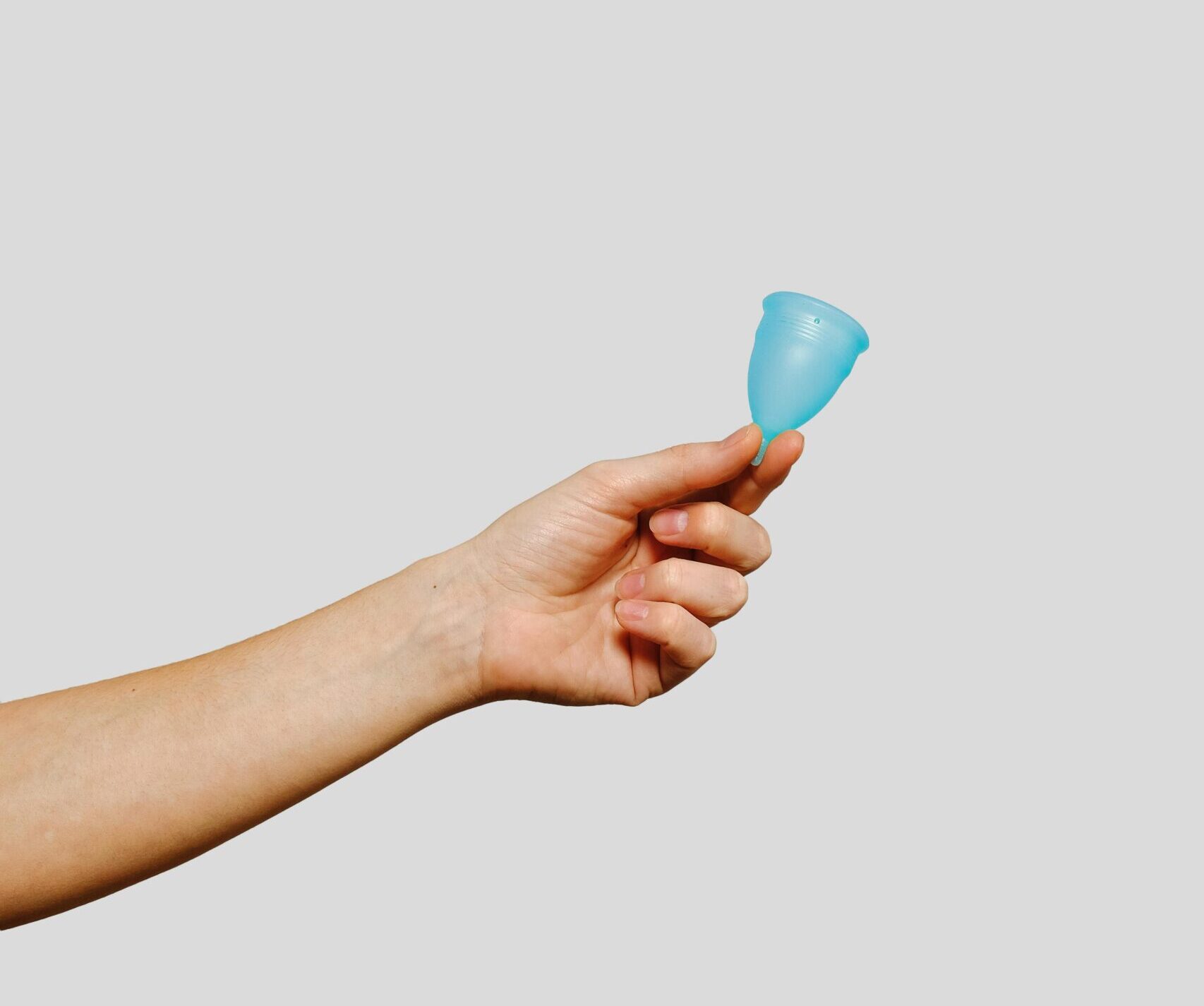For many women with ADHD, managing symptoms can feel like a roller coaster. And if you’ve noticed your ADHD symptoms seem to spike or change at certain times of the month, you’re not imagining things—your menstrual cycle could be playing a big role. The hormones that fluctuate throughout your cycle can significantly impact ADHD symptoms, making some days feel more challenging than others. Let’s dive into how ADHD and your menstrual cycle intersect, why hormones matter, and what you can do to navigate these shifts.
How Hormones Affect ADHD Symptoms
Hormones like oestrogen and progesterone fluctuate throughout the menstrual cycle, affecting various aspects of brain function, including mood, focus, and energy levels. These hormonal shifts can have a pronounced effect on ADHD symptoms. Here’s a closer look at how these hormones interact with the ADHD brain:
- Oestrogen: Often referred to as the “feel-good” hormone, oestrogen increases the availability of neurotransmitters like dopamine and serotonin, which are crucial for regulating mood, attention, and impulsivity. Higher levels of oestrogen, which occur in the first half of your cycle (the follicular phase), can enhance cognitive function, making it easier to focus and feel emotionally balanced.
- Progesterone: After ovulation, progesterone levels rise in the second half of the cycle (the luteal phase). Progesterone can have a calming effect, but for many women with ADHD, it can also dampen the positive effects of oestrogen. This phase is often when ADHD symptoms, such as irritability, impulsivity, and forgetfulness, can become more pronounced.
- Premenstrual Phase: In the days leading up to menstruation, both oestrogen and progesterone levels drop sharply. This hormonal dip can lead to premenstrual syndrome (PMS) symptoms, including mood swings, anxiety, and brain fog. For those with ADHD, this can mean a significant increase in symptoms like inattention, impulsivity, and emotional dysregulation.
Why Do ADHD Symptoms Fluctuate with the Menstrual Cycle?
If you have ADHD, you’re likely already dealing with a lower baseline of dopamine and norepinephrine—neurotransmitters critical for attention, focus, and mood regulation. When oestrogen levels drop, the brain has even less of these chemicals available, which can lead to a worsening of ADHD symptoms.
In fact, many women with ADHD report feeling more scattered, overwhelmed, or irritable during the luteal phase or right before their period starts. Research also suggests that women with ADHD may experience more intense PMS and are at a higher risk for premenstrual dysphoric disorder (PMDD), a severe form of PMS that includes mood swings, anxiety, and depression.
Navigating ADHD and Hormonal Changes
Understanding the impact of your menstrual cycle on your ADHD symptoms is the first step in managing these fluctuations. Here are some strategies to help you better cope with hormonal shifts:
- Track Your Cycle and Symptoms: Keep a journal or use a period-tracking app to note how your ADHD symptoms change throughout your cycle. This can help you identify patterns and prepare for challenging days.
- Adjust Your Routine: On days when you know your symptoms are likely to be more intense (such as the luteal phase or right before your period), try to lighten your schedule or focus on tasks that are less demanding. Use this time for routine tasks or self-care.
- Optimize Nutrition and Exercise: Certain foods can help balance hormones and stabilize mood. Aim for a diet rich in lean proteins, whole grains, and plenty of fruits and vegetables. Regular exercise can also boost mood and increase dopamine levels, which can be particularly helpful during the days when hormone levels are low.
- Sleep Management: Hormonal changes can disrupt sleep, which is already a challenge for many with ADHD. Practice good sleep hygiene by sticking to a regular bedtime, limiting screen time before bed, and creating a calming bedtime routine.
- Mindfulness and Relaxation Techniques: Incorporate mindfulness, meditation, or breathing exercises into your daily routine to help manage mood swings and anxiety.
- Consider Talking to Your Doctor: If hormonal fluctuations are severely affecting your ADHD symptoms, talk to your healthcare provider. They may suggest treatments like hormonal birth control, which can help stabilize hormone levels, or adjusting ADHD medications around your cycle.
For women with ADHD, the menstrual cycle can bring about significant changes in symptoms. Understanding how oestrogen and progesterone interact with your ADHD brain can help you anticipate and manage these fluctuations more effectively. By tracking your cycle, making lifestyle adjustments, and seeking professional advice, you can find strategies to better navigate the highs and lows. Remember, you’re not alone—many women experience these challenges, and there are ways to find balance. Your cycle doesn’t have to control you—you can learn to work with it to feel your best all month long.
Protect your mental wellbeing during your luteal phase with our bundle
-
Product on sale
 Calm Focus & Mental Wellbeing BundleOriginal price was: £51.00.£47.00Current price is: £47.00.
Calm Focus & Mental Wellbeing BundleOriginal price was: £51.00.£47.00Current price is: £47.00.







